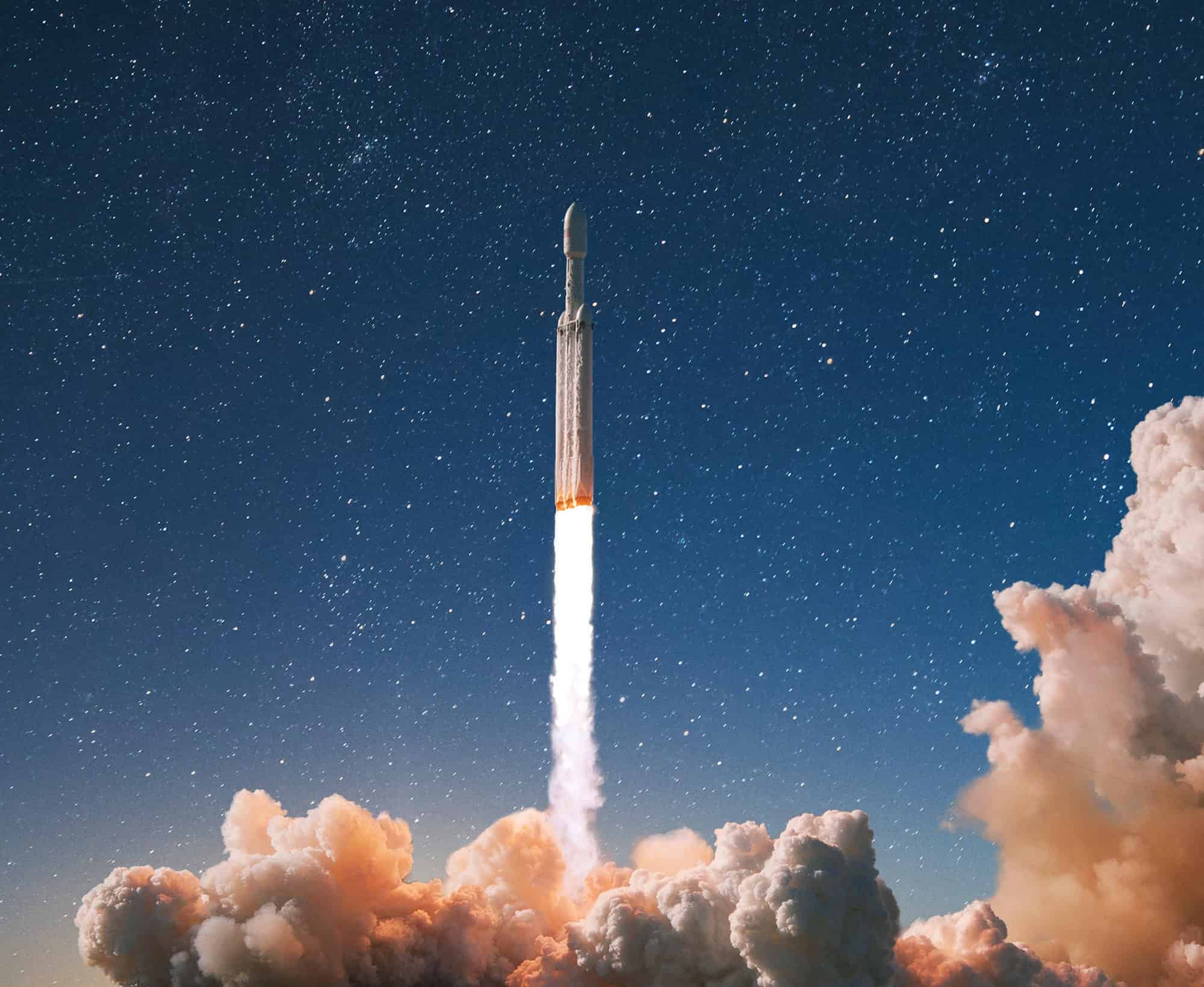Global Finance Magazine
1d
106

Image Credit: Global Finance Magazine
The Space Boom Is Here
- The space economy is experiencing rapid growth due to falling costs, increasing private investments, and new business opportunities.
- Space exploration has seen a surge in the past decade with governments and private companies investing heavily in commercial missions and satellite deployments.
- Space is not only a scientific endeavor but also an industry with significant financial potential, impacting various sectors like navigation, communication, and manufacturing.
- The increase in satellite deployment poses challenges such as LEO saturation and debris risks due to lack of clear regulations.
- Commercial spaceflight has significantly reduced the cost of transporting payloads into space, leading to opportunities in space tourism, communications, and Earth-observation missions.
- The ISS has been a key research hub for over 20 years, supporting various projects in biomedicine and technology advancements.
- Private capital is playing an increasing role in the space economy, supported by government investments, with the ESA serving as a model for fostering private companies.
- Challenges in space investment include declining private funding, concerns about the profitability of space enterprises, and the perception of high risks.
- The global space economy is projected to reach $944 billion by 2033, with key sectors including telecommunications, Earth observation, and global navigation satellite systems.
- The space economy's growth is expected to outpace GDP growth, with space technology playing a vital role in various applications on Earth.
Read Full Article
6 Likes
For uninterrupted reading, download the app